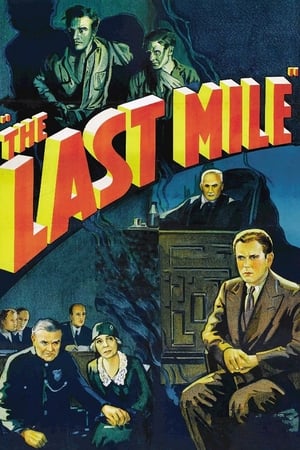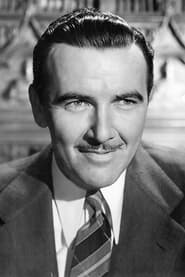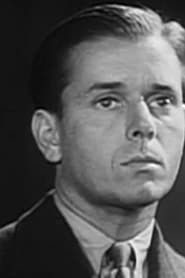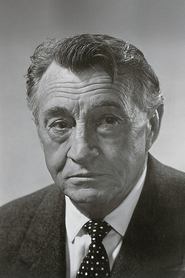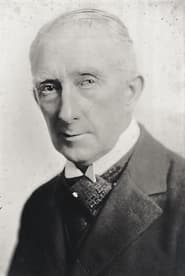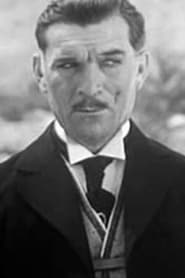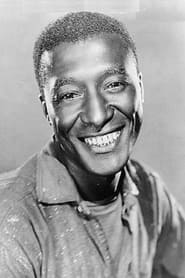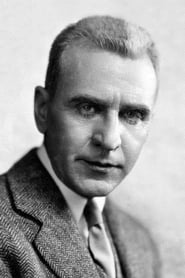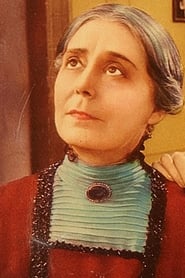Cast
View AllPreston Foster
as John 'Killer' Mears, Cell 4
Howard Phillips
as Richard 'Dick' Walters, Cell 5
George E. Stone
as Joe Berg, Cell 1
Noel Madison
as D'Amoro, Cell 6
Alan Roscoe
as Kirby... Cell 7 (as Allan Roscoe)
Paul Fix
as Eddie Werner... Cell 8
Alec B. Francis
as Father O'Connor
Albert J. Smith
as Drake, Guard
Al Hill
as Fred Mayer... Cell 3
Daniel L. Haynes
as Sonny Jackson... Cell 2
Edward Van Sloan
as Rabbi
Louise Carter
as Mrs. Walters
Ralph Theodore
as Pat Callahan... Principal Keeper
Jack Kennedy
as Mike O'Flaherty, Guard
William Scott
as Peddie... Guard
Crew
Director
- Samuel Bischoff
Reviews
John Chard
We are all just numbers here.
The Last Mile is directed by Samuel Bischoff and adapted to screenplay by Seton Miller from the John Wexley play of the same name. It stars Preston Foster, Howard Phillips, George Stone, Noel Madison and Adam Roscoe. Music is by Val Burton and cinematography by Arthur Edeson.
Interesting watching this pic these days to note just how much set in stone the formula is even today. All of the staples of the prison based dramas are right here in 1932, and of course the thematic beats of anti capital punishment still bang loud as much today as they did back then.
Reprieve! Reprieve!
The Last Mile in production is very much of its time, the stage origins not really leaving us as this is essentially a one set production. The acting ranges from excitable overacting to non credible characterisations. It's also a touch irritating that the key element for our main man Dick Walters (Phillips), the flashback to why he was sentenced to death, is played too early in the piece. And yet there's a power in the drama that lures you in, keeps you right there in the confines of death row.
From a photographic stand point it looks terrific, Edeson's (They Drive by Night/Casablanca/The Maltese Falcon) monochrome lensing is perfectly moody. Holding court in the acting stakes is Foster, who is right at home playing the angry alpha male, it's the plum role and the one with the dramatic swagger. It was a busy year for Foster with 7 releases! Including the brilliant I Am a Fugitive from a Chain Gang.
Not a great film but it's above average, and important in a number of ways as regards the history of genre cinema. While as a time capsule it remains a fascinating venture. 6/10
Nov 28, 2018
Thematic Analysis
As a dramatic work, The Last Mile examines complex human relationships and emotional struggles against the backdrop of a period setting that reflects societal issues of its time. The character development particularly stands out, offering viewers a chance to reflect on their own life journeys.
Director Samuel Bischoff brings their distinctive visual style to this film, continuing their exploration of themes seen in their previous works while adding new elements. Their approach to character development and emotional depth creates a viewing experience that rewards close attention.
Released in 1932, the film exists within a cultural context that now offers viewers historical perspective on the social issues of that era. Its reception demonstrates the diverse reactions to its artistic choices and its place in cinema history.
Did You Know?
- The production of The Last Mile took approximately 8 months from pre-production to final cut.
- The final cut of the film runs for 75 minutes, though the director's initial assembly was reportedly 102 minutes long.
- The cast underwent specialized training for 5 weeks before filming began.
- The film contains approximately 925 individual shots.
- The musical score contains over 38 unique compositions.
Historical Context
- In 1932, when this film was released:
- The Cold War was intensifying, influencing global politics and culture.
- Rock and roll music was revolutionizing popular culture.
- The film industry was dominated by major studios, with independent cinema still in its early development.
How This Film Stands Out
While The Last Mile shares thematic elements with other films in its genre, it distinguishes itself through its unique approach to storytelling, visual style, and character development.
Unlike Mean Machine, which takes a more conventional approach to its subject matter, The Last Mile subverts genre expectations by exploring its themes with greater nuance.
While films like Wild Seven and Requiem explore similar territory, The Last Mile stands apart through its deeper exploration of its central themes and more complex characterization.
This film's unique contribution to cinema lies in its bold artistic choices and willingness to challenge viewer expectations, making it a valuable addition to its genre.
Details
- Release Date: August 17, 1932
- Runtime: 1h 15m
Where to Watch




